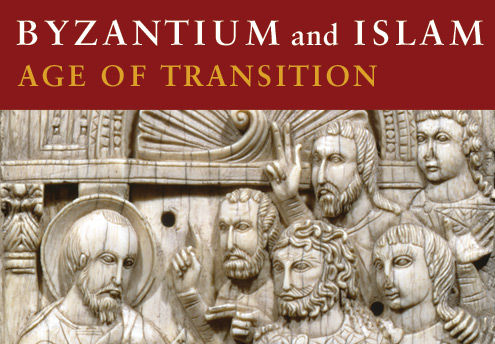As the direct agent of God, the emperor was responsible for preserving the tradition of Roman law. Only the emperor could modify the laws already in effect or proclaim new ones. Thus he had on hand an immensely powerful instrument for preserving and enhancing power.
Between 528 and 533 Justinian (r. 527-565) ordered his lawyers to dispose of obsolete, repetitious, and conflicting enactments. His Code included all legislation since Hadrian (r. 117-138). The authoritative opinions of legal experts were collected in the Digests. The Institutes, a handbook for students, served as an introduction to both compilations.
All these were set down in the Latin in which they had been issued, though Justinian’s own laws, the Novels, or newly passed enactments, appeared in Greek. In the eighth century a new collection modified Justinian’s work. Under Leo VI, the Wise (r. 886_912), a new collection rejected much that dated from an earlier period.
In the Byzantine Empire, justice could be rendered only in the emperor’s name. The emperor was the supreme judge, and rendering justice was perhaps his most important function. Subordinate officials handed down decisions only by virtue of the power the emperor delegated to them, and the emperors themselves often rendered judgment in quite ordinary cases brought to them by their subjects.
The emperors of the later ninth century took great care in the systematic appointment of judges and created a kind of legal aid bureau to enable the poor of the provinces to make appeals to the capital. Judges were obliged to render, write out, and sign all decisions. New courts were set up, and new officials were created. Later, even in the provinces, side by side with the martial law administered by the local commanding general, soldiers could be tried in civil courts for civil offenses.

